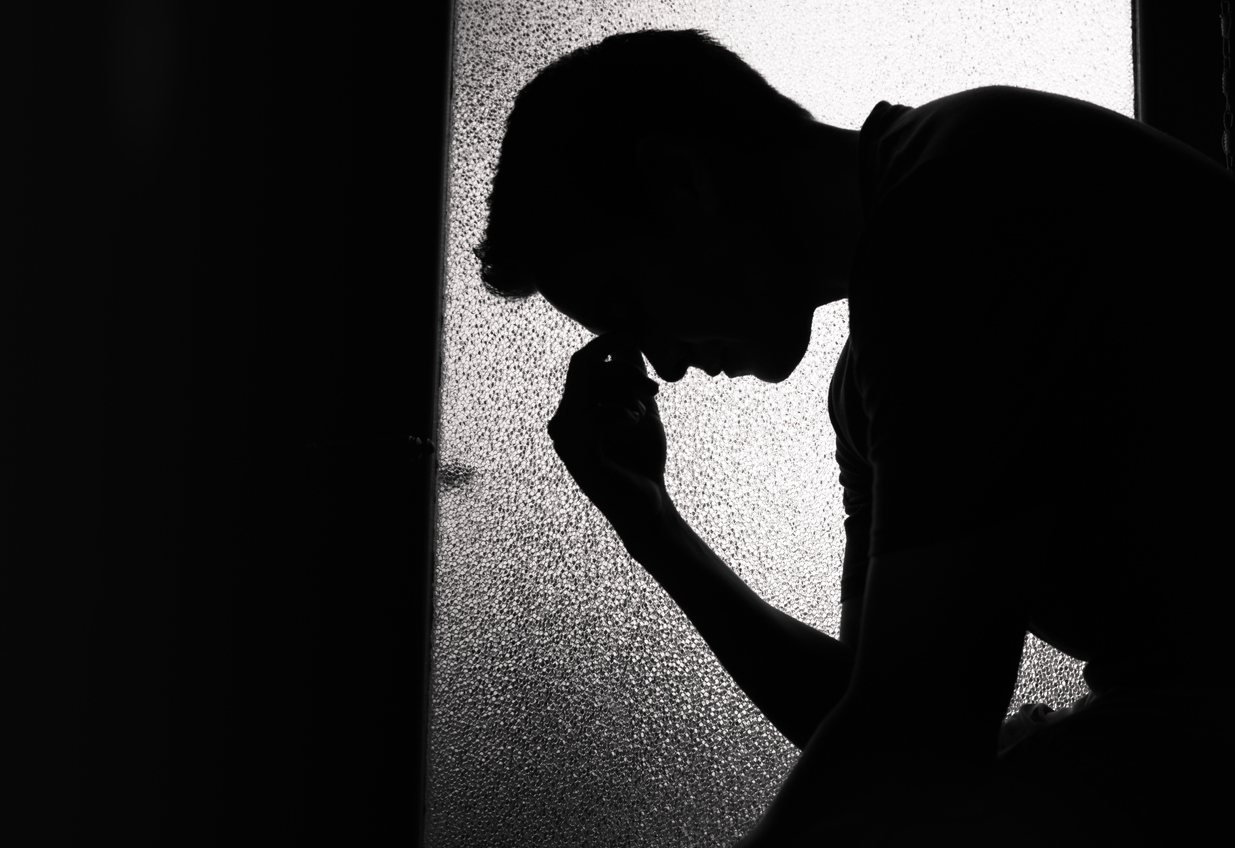Living with Chronic Pain
Self-Blame and Chronic Pain

Chronic pain often causes emotional distress that can lead to self-blame. Many people living with chronic pain tend to blame themselves for their pain or the condition that causes it. Self-blame can occur for a variety of reasons.
Reasons people self-blame when dealing with chronic pain
Many individuals perceive themselves as having made choices that contribute to chronic pain, such as gaining weight or being unwilling to be physically active. Therefore, they may blame their own actions for their pain. Human beings naturally look for the reason circumstances occur. When there is no obvious reason, which is frequently the case with chronic pain, it is easy to assign self-blame as the reason.
Individuals without chronic pain or a chronic illness may say that it is a result of certain lifestyle choices, being over or underweight, alcohol use, emotional instability, etc. When individuals with chronic pain witness these types of comments, they may start to internalize that blame.
Reasons not to self-blame
It is important to remember that many people who make consistently healthy and positive choices still develop chronic pain. There are also people who make frequent, unhealthy or negative decisions that do not develop chronic pain.
A wide variety of factors, including genetics, accidents, illnesses outside an individual’s control, and how a person’s nervous system responds to stimuli, can be contributing factors of chronic pain. If a physician is unable to identify an exact cause of the pain, it does not mean that the individual with chronic pain is to blame.
Self-blame can cause additional issues
Even when an individual strongly believes that their own actions have caused or contributed to chronic pain, allowing self-blame only causes more harm. Self-blame, and the shame that results from it, can increase inflammation in the body, decrease the effectiveness of the immune system, create emotional distress, and cause feelings of helplessness. Separating chronic pain from believing oneself deserves to hurt is important for mental and physical well-being.
How not to self-blame
Instead of self-blaming, individuals should accept the fact that they did the best they could with the resources and knowledge available. They should also consider what steps can be taken now and in the future to help emotional and physical well-being, despite chronic pain and regardless of the cause. Individuals struggling with self-blame may also want to work with a therapist or counselor to develop coping skills surrounding their feelings.
Additional source: Psychology Today

















